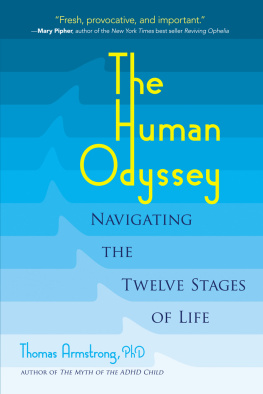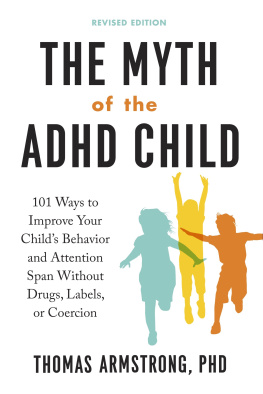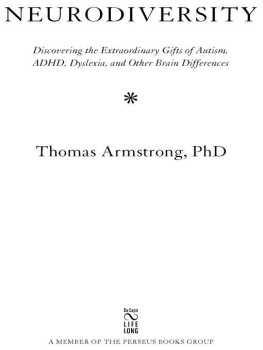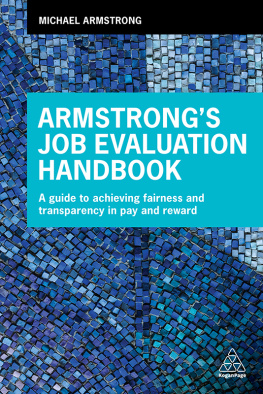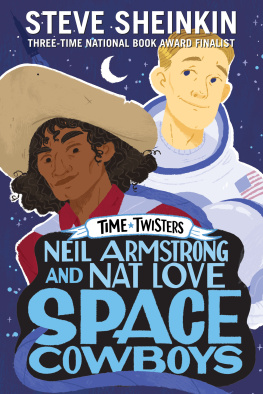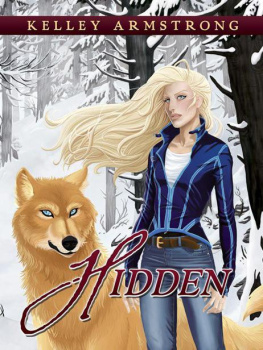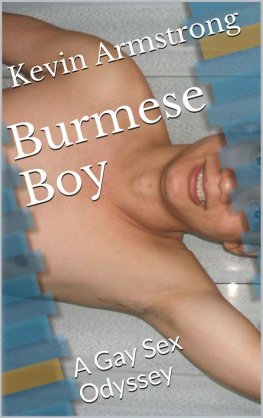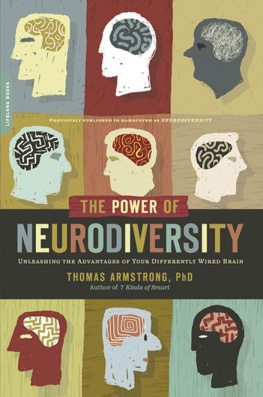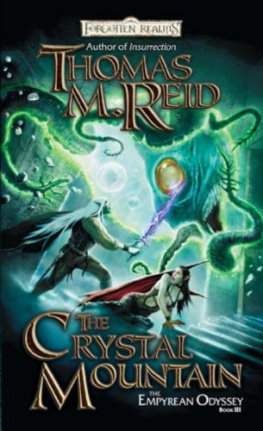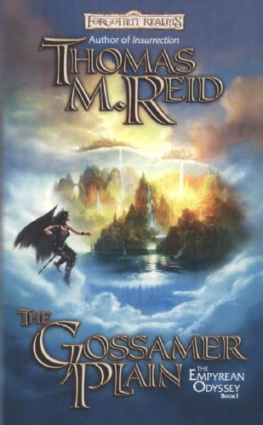Thomas Armstrong - The Human Odyssey
Here you can read online Thomas Armstrong - The Human Odyssey full text of the book (entire story) in english for free. Download pdf and epub, get meaning, cover and reviews about this ebook. year: 2019, publisher: Dover Publications, genre: Religion. Description of the work, (preface) as well as reviews are available. Best literature library LitArk.com created for fans of good reading and offers a wide selection of genres:
Romance novel
Science fiction
Adventure
Detective
Science
History
Home and family
Prose
Art
Politics
Computer
Non-fiction
Religion
Business
Children
Humor
Choose a favorite category and find really read worthwhile books. Enjoy immersion in the world of imagination, feel the emotions of the characters or learn something new for yourself, make an fascinating discovery.
- Book:The Human Odyssey
- Author:
- Publisher:Dover Publications
- Genre:
- Year:2019
- Rating:4 / 5
- Favourites:Add to favourites
- Your mark:
- 80
- 1
- 2
- 3
- 4
- 5
The Human Odyssey: summary, description and annotation
We offer to read an annotation, description, summary or preface (depends on what the author of the book "The Human Odyssey" wrote himself). If you haven't found the necessary information about the book — write in the comments, we will try to find it.
The Human Odyssey — read online for free the complete book (whole text) full work
Below is the text of the book, divided by pages. System saving the place of the last page read, allows you to conveniently read the book "The Human Odyssey" online for free, without having to search again every time where you left off. Put a bookmark, and you can go to the page where you finished reading at any time.
Font size:
Interval:
Bookmark:

Copyright
Copyright 2007, 2019 by Thomas Armstrong, PhD
All rights reserved.
Bibliographical Note
This Ixia Press edition, first published in 2019, is an updated republication of the work originally printed by Sterling Publishing Co., Inc., New York, in 2007.
International Standard Book Number
ISBN-13: 978-0-4868-3180-0
ISBN-10: 0-486-83180-9
Ixia Press
An imprint of Dover Publications, Inc.
Manufactured in the United States by LSC Communications
83180901 2019
www.doverpublications.com/ixiapress
This book is dedicated to my mother, Dorothy Beatrice Armstrong.
Contents

Preface

I m very excited about the publication of this new edition of The Human Odyssey, which I hope will reach a new generation of readers and inspire them to explore the twelve stages of life in their daily lives. As I note in the book, Ive been disappointed in the past by the emotionally flat tone of virtually all human development textbooks and most popular books on the topic of the stages of life. Here we have the most amazing journey of allthe trip of our own livesand these textbooks reduce this incredible experience to a bunch of charts, graphs, statistics, and formulaic theories. Most importantly, these conventional ideas lack a reference to spirit or soul, that ineffable quality of being human that makes us more than just a bag of dust. It is this inclusion of a spiritual dimension that, more than anything else, makes The Human Odyssey distinctive as a guide to the journey of life.
In this book, I suggest that we actually take two intertwined journeys through life, one coming up from the body (this is the journey that human development textbooks and the theories of Erikson, Piaget, Freud, and Kohlberg exclusively concern themselves with), and the other coming down from the spirit (a journey referred to mostly by poets and mystics such as Wordsworth, Steiner, Inayat Khan, and Carl Jung). Understanding both of these lines of development and how they interact is crucial in capturing the total picture of a human beings unfoldment through time. So while Ive concerned myself, for example, with up from the body topics like embryology and the growth of the fetus in utero, Ive also addressed down from the spirit dimensions, including the infant exile motif from world mythology (e.g., the journey through the fallopian tubes is reflected in the myth of the infant hero cast into a body of water). Ive attempted to provide such a dual focus on the interlaced journeys of matter and spirit for each of the twelve stages of life.
Another feature that I believe makes The Human Odyssey a valuable contribution to the field of human development is its practical focus. I point out in the book that each stage of life contributes something special to the human experience. Birth offers the world hope, for example, while adolescence gives us passion. Mature adulthood provides benevolence, while death and dying offer us ironically a deeper sense of life itself. These gifts to humanity need to be nurtured in order for them to make their full contribution to society. Hence, at the end of each chapter, Ive included practical steps that readers can take to support each stage of life, firstly, within themselves (e.g., through personal psychological work), secondly, in the lives of their family and friends (e.g., through prosocial interventions), and thirdly, in the society as a whole (e.g., through philanthropy, volunteerism, and social action). Ive also tried to make the stages of life especially vivid to the reader by including at the end of the book a guide to great films that have addressed the issues involved at each stage of life (e.g., Splendor in the Grass and Rebel Without a Cause for adolescence, Umberto D. and Ikiru for late adulthood).
Above all, I want readers to come away from this book with a developmental perspective on life. I want them to keep in mind that the people in our lives are like travelers from different parts of the globe or citizens of different cultures. The practical day-to-day concerns of infants (e.g., Wheres mommy? When am I going to get fed?), for example, are very different from those of young adults (e.g., How do I get a job? Where do I find a mate for life?). We should treat each person according to the needs of their particular stage of life, and provide empathy and resources that can help them navigate the sometimes smooth, but often rocky terrain of the particular stage theyre going through.
I also want the reader to understand that some people are more attuned to the down from the spirit line of development (I call them rememberers) while others are more attached to growth up from the body (I refer to them as adapters). Rememberers often have trouble adapting to the codes of their own culture (unless the culture itself is a rememberer culture, such as is the case with many indigenous groups). Rememberers need special understanding and help in order to negotiate their way through the rules, rituals, roles, and regulations of their culture (e.g., many rememberer kids get labeled as ADHD or autistic and need special care in providing learning methods that honor their unique ways of perceiving the world). At the same time, there are many adapter personalities who, though often successful in the material world, suffer from a spiritual poverty that may leave them groundless or confused, especially during transitional periods in their lives. The practical suggestions given at the end of each chapter can help provide direction in giving both rememberers and adapters the kind of nurturing that fits their unique personality profile.
Among the sixteen books Ive written, The Human Odyssey is closest to my heart because it emerged out of my own struggles and successes at different stages of life. The researching and writing of it took fifteen years and spanned three different stages of my life: early adulthood, midlife, and mature adulthood. And while I share personal details when they help illustrate different aspects of the life stages, the book itself is an attempt to synthesize knowledge from a wide range of fields including developmental psychology, world mythology, psychodynamic theory, anthropology, world literature, mysticism, cognitive psychology, and the arts. I hope that the story I tell in this book resonates with you and inspires you to transform yourself and those around you. So, its time to strap yourself in, hold on to the handrails, and get ready for the amusement ride of a lifetime: the incredible journey of your own life!
Acknowledgments

I began conceiving of this project thirty-seven years ago, in 1982, when I started to teach courses in childhood, adolescent, and adult development at several San Francisco Bay Area graduate schools of psychology. Id like to thank the people at these institutions who gave me an opportunity to integrate a psychospiritual perspective into what might otherwise have been typical college courses on human development: David Surrenda and Bryan Wittine at John F. Kennedy Universitys School of Consciousness Studies, Ernest Pecci and Jon Klimo at Rosebridge Graduate School, and Arthur Hastings at the California Institute of Transpersonal Psychology (now the Institute of Transpersonal Psychology). Id like to thank several administrators and faculty at the California Institute for Integral Studies (CIIS), where I received my PhD in East-West Psychology in 1986 (and also taught), for providing an inspiring, engaging, and encouraging learning atmosphere that was perfectly tailored to my needs as an independent learner and that helped lay some important foundations for this book: Bina Chadhuri, John Broomfield, Cathy Coleman, John Welwood, Tanya Wilkinson, Paul Herman, Ralph Metzner, DeLee Lantz, and Rowena Pattee Kryder. Thanks to the Kern Foundation for supporting research I did at CIIS that related to psychospiritual approaches to human development. Also thanks to Frank Barr, who gave me encouragement at this early stage. I began work on the proposal for this book in the early 1990s and would like to thank Janice Gallagher, who had been my editor at Jeremy Tarcher on a previous book (
Next pageFont size:
Interval:
Bookmark:
Similar books «The Human Odyssey»
Look at similar books to The Human Odyssey. We have selected literature similar in name and meaning in the hope of providing readers with more options to find new, interesting, not yet read works.
Discussion, reviews of the book The Human Odyssey and just readers' own opinions. Leave your comments, write what you think about the work, its meaning or the main characters. Specify what exactly you liked and what you didn't like, and why you think so.

